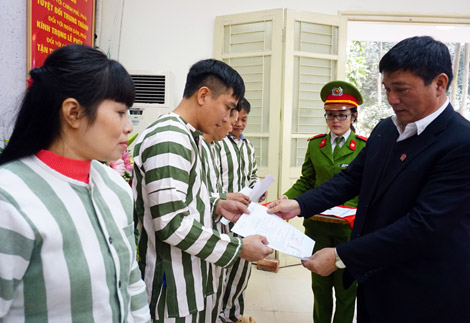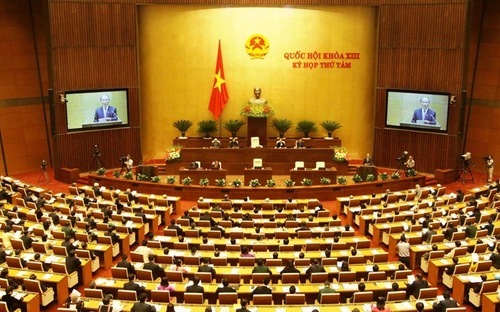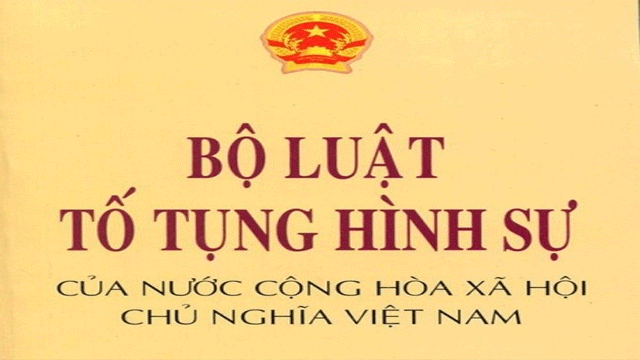This is the notable content of the Draft Law on Amnesty amendment expected to be passed at the 6th session of the 14th National Assembly.
According to the current regulations, specifically Article 5 of the Amnesty Law 2007, the time for the President to consider and decide on amnesty for those sentenced to fixed-term imprisonment, life imprisonment reduced to fixed-term imprisonment, who are serving their terms, is as follows:
- On the occasion of a significant national event;- On the occasion of major national holidays;- Under special circumstances decided by the President.
In which, according to the guidance in Clause 3, Article 3 of Decree 76/2008/ND-CP, a significant national event is one related to political, economic, cultural, and societal matters that have major domestic and foreign implications for the country's development. Major national holidays include the National Day on September 2 or other holidays associated with significant historical events of the country.
Therefore, under the current legal framework, prisoners have various opportunities to benefit from state clemency.

However, in the Draft Amendment of the Amnesty Law, the provision regarding the time for the President to consider and decide on amnesty for the aforementioned groups of prisoners has changed.
To be specific, in Clause 1, Article 5 of the Draft, the President only considers and decides on amnesty on the occasion of significant national events. The draft removes the phrase “major national holidays.”
Those serving prison sentences are likely to lose the opportunity for early release during major holidays such as National Day on September 2. However, this rule does not preclude the possibility that “significant national events” may also include major holidays.
On this matter, to create transparency and clarity and avoid arbitrariness in the implementation process, it is necessary to specifically stipulate or guide which cases are considered “significant national events.”
It can be said that, along with some other changes regarding the conditions for amnesty, such as not granting amnesty to those convicted of two or more crimes and requiring those considered for amnesty to have completed additional penalties like fines, the provision removing the timing for amnesty on major national holidays will significantly narrow the scope of amnesty compared to the current law.
 Article table of contents
Article table of contents





.Medium.png)
.Medium.png)
.Medium.png)
.Medium.png)
